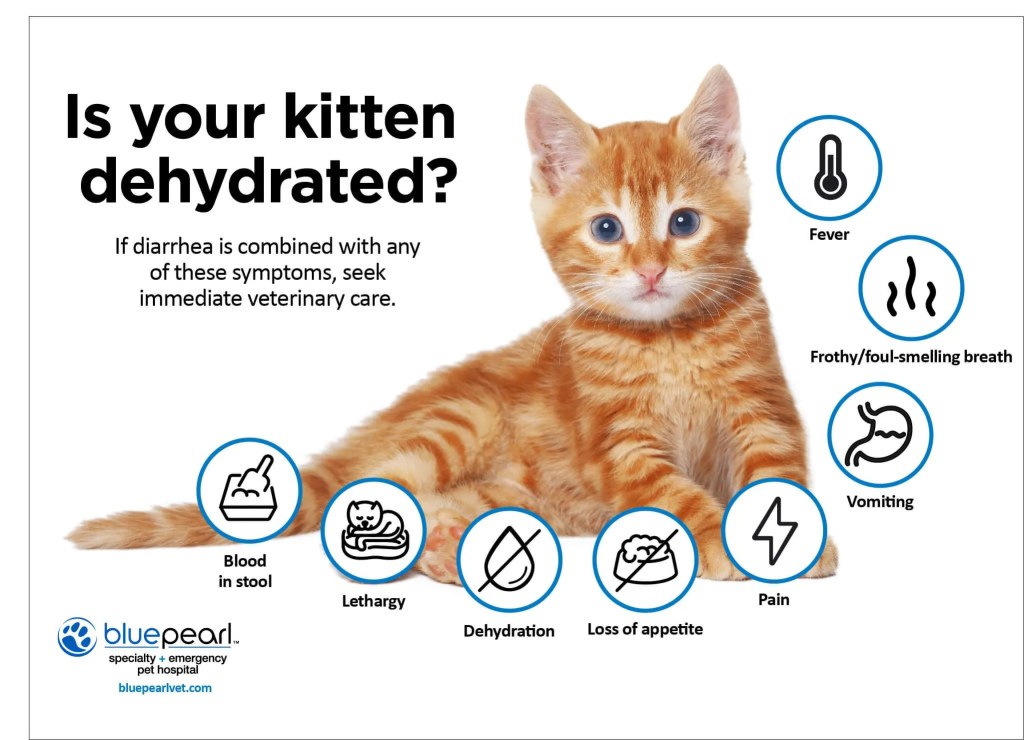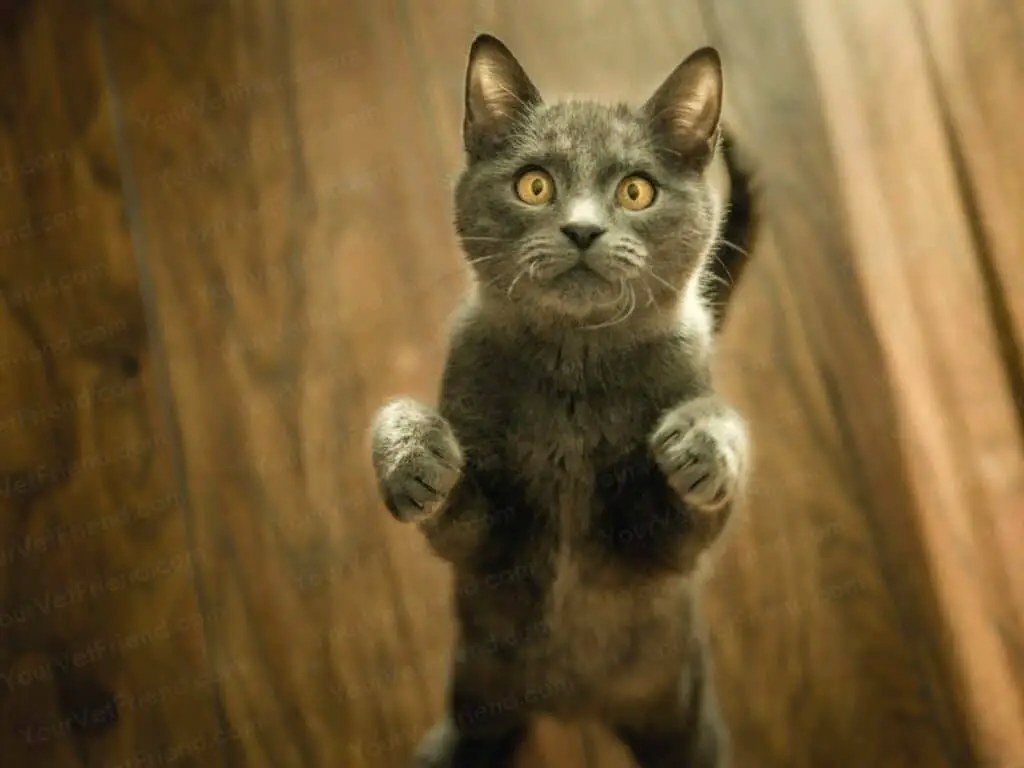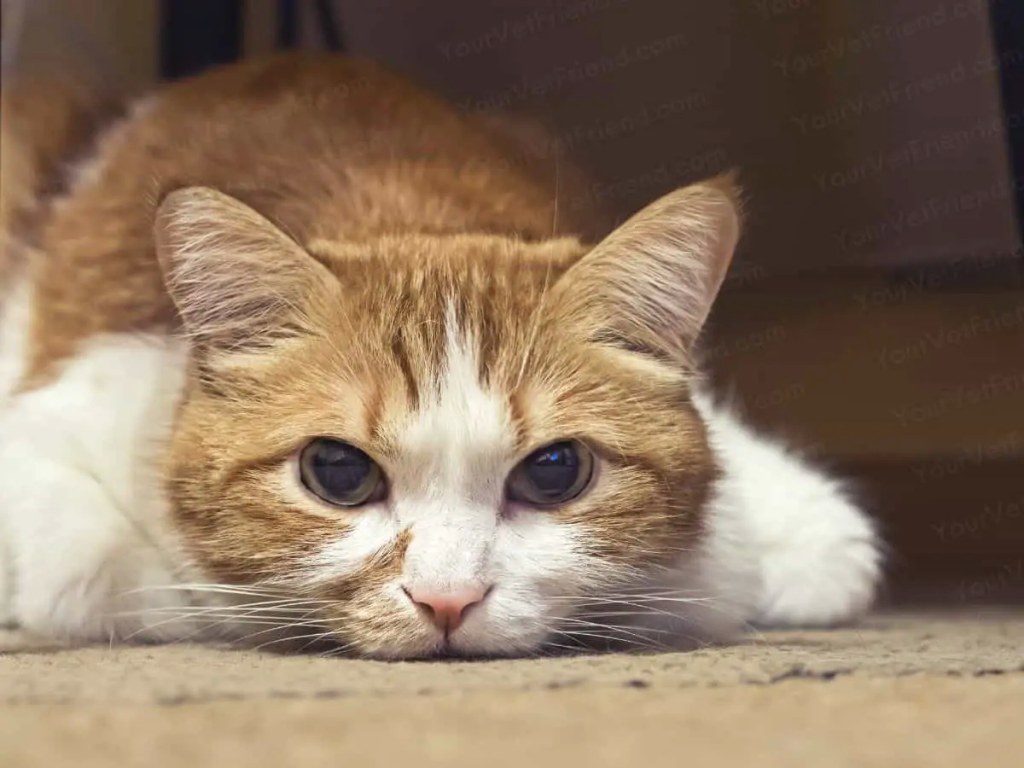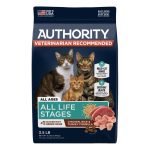Discover How Long Cats Suffer From Diarrhea After Changing Food – Take Action Now!
How Long Will Cat Have Diarrhea After Changing Food?
Introduction
Hello, Cats Lovers! If you are here, you must be concerned about your furry friend’s health. It’s common for cats to experience digestive issues, such as diarrhea, especially after changing their food. In this article, we will explore how long cats can have diarrhea after a food transition, what causes it, and how to manage it effectively. So, let’s dive in and ensure our beloved feline companions stay healthy and happy!
3 Picture Gallery: Discover How Long Cats Suffer From Diarrhea After Changing Food – Take Action Now!



What Causes Diarrhea in Cats after Changing Food?
🔍 Before we discuss how long cats can have diarrhea after changing food, it’s important to understand the underlying causes. Shifting your cat’s diet abruptly can disrupt their digestive system, leading to loose stools. Additionally, dietary intolerances or allergies, bacterial or viral infections, parasites, stress, and underlying health conditions can trigger diarrhea in cats.
Who is Affected by Diarrhea after Changing Food?

Image Source: bluepearlvet.com
🔍 Cats of all ages and breeds can be affected by diarrhea after transitioning to a new food. However, kittens, senior cats, and those with sensitive stomachs are more prone to digestive upsets. It’s crucial to monitor their health closely and take appropriate measures to ensure their well-being.
When Does Diarrhea Occur after Changing Food?
🔍 The timing of diarrhea after changing your cat’s food can vary. Some cats may experience loose stools within a few hours, while others may take a couple of days to show symptoms. It’s essential to carefully observe your cat’s behavior and bowel movements during the transition period.
Where to Seek Help for Diarrhea after Changing Food?

Image Source: yourvetfriend.com
🔍 If your cat experiences persistent or severe diarrhea, it’s best to seek veterinary assistance. Your veterinarian can conduct a thorough examination, perform necessary tests, and provide appropriate treatment to address the underlying cause. Remember, professional guidance is crucial to ensure your cat’s health and well-being.
Why is Diarrhea after Changing Food a Concern?
🔍 Diarrhea can lead to several health complications if left untreated. It can cause dehydration, electrolyte imbalances, malnutrition, weight loss, and weakness in cats. Prompt intervention and proper management are necessary to prevent these issues and restore your cat’s digestive health.
How to Manage Diarrhea after Changing Food?

Image Source: yourvetfriend.com
🔍 Managing diarrhea in cats after changing their food involves several steps. First, gradually transition to the new food by mixing it with the old one over a period of 7-10 days. Ensure your cat has access to fresh water at all times to prevent dehydration. You can also try feeding a bland diet consisting of boiled chicken and rice to soothe their stomach. Additionally, probiotics and digestive supplements may help restore the balance of gut bacteria.
The Pros and Cons of Changing Your Cat’s Food
🔍 Like any decision, changing your cat’s food comes with advantages and disadvantages. Let’s explore both sides:
Advantages:
1. Improved nutrition: Switching to a high-quality cat food can provide better nutrition, leading to overall health benefits.
2. Catering to dietary needs: Changing food can help address specific dietary needs, such as weight management or allergies.
3. Variety and preference: Introducing new flavors and textures can enhance your cat’s mealtime enjoyment.
Disadvantages:
1. Digestive disturbances: Abrupt dietary changes can cause digestive upsets, including diarrhea.
2. Food intolerance or allergies: Switching food may reveal underlying intolerances or allergies that can lead to discomfort.
3. Transition challenges: Some cats may be resistant to change, making the transition process more difficult.
Frequently Asked Questions (FAQs)
Q1: How long does cat diarrhea last after changing food?
A1: The duration of cat diarrhea after changing food can vary. In most cases, it should resolve within a few days to a week. If it persists or worsens, consult a veterinarian.
Q2: Should I consult a vet for my cat’s diarrhea after a food transition?
A2: It is advisable to consult a vet if your cat’s diarrhea is severe, lasts longer than a week, or is accompanied by other concerning symptoms.
Q3: Can I try home remedies to manage my cat’s diarrhea after changing food?
A3: While some home remedies like a bland diet may help, it’s essential to involve a veterinarian for a proper diagnosis and treatment plan.
Q4: How can I prevent diarrhea when changing my cat’s food?
A4: To prevent diarrhea, gradually transition your cat’s food over a week, monitor their health, and choose a high-quality, easily digestible cat food.
Q5: Are there any specific cat food brands that are recommended during a food transition?
A5: Your veterinarian can recommend suitable cat food brands based on your cat’s specific needs and health condition.
Conclusion
In conclusion, cat diarrhea after changing food is a common concern among cat owners. While the duration of diarrhea can vary, it usually resolves within a few days to a week. However, if the symptoms persist or worsen, seeking professional help is crucial. By understanding the causes, taking gradual food transitions, and following veterinary advice, we can ensure our feline companions stay healthy and happy. Remember, their well-being is in our hands!
Final Remarks
Disclaimer: The information provided in this article is for educational purposes only and should not be substituted for professional veterinary advice. If your cat is experiencing diarrhea or any other health issues, please consult a qualified veterinarian for proper diagnosis and treatment.
This post topic: Cats


